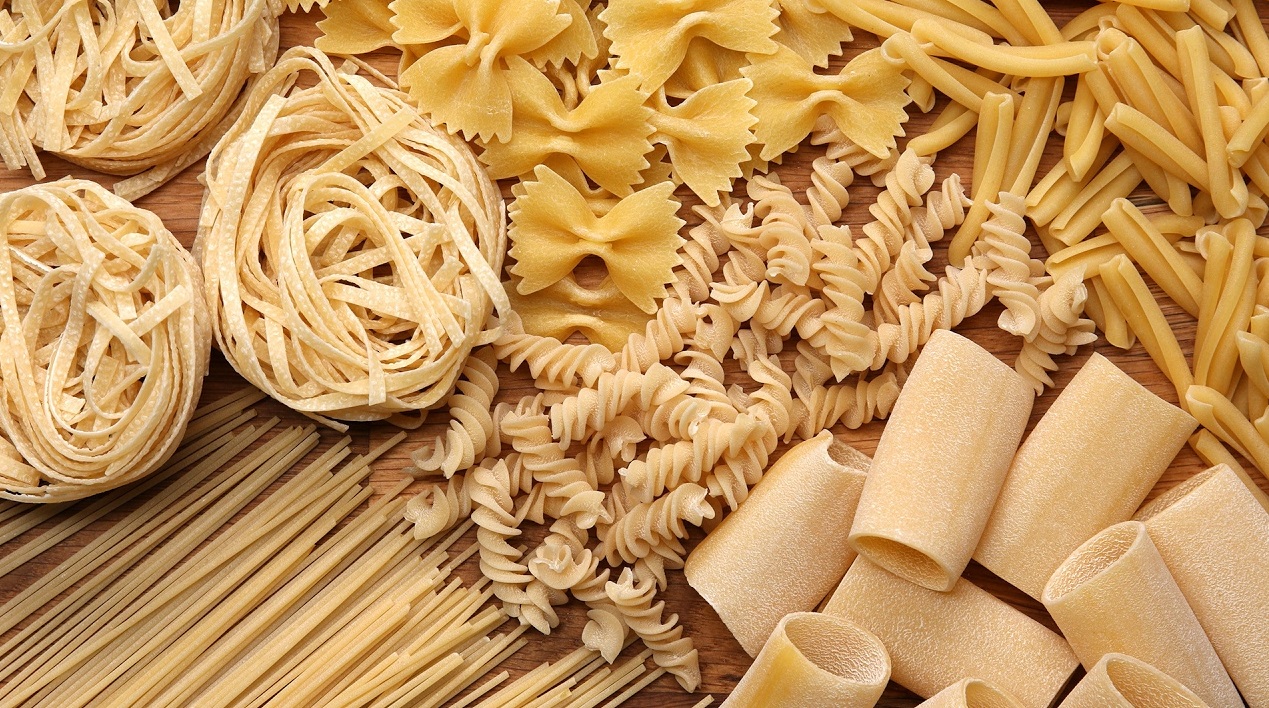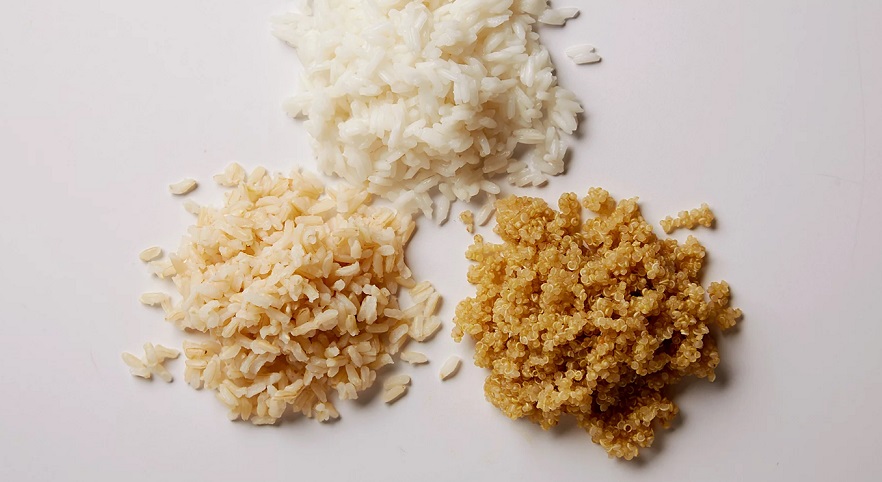Everyone loves pasta, but when it comes to cooking, many have failed to cook pasta the right way. Have you ever wondered why your pasta dish was not on point like in the picture of your recipe book? If that’s the case, know that there are many solutions waiting for you down below.
1. Using a cooking pot that is too small
In general, we assume that using four quarts of water for one pound of pasta is the standard. However, the Italian experts always use more than that. In fact, they use between five and six quarts of water for each pound of pasta.
Therefore, using a larger pot will help to let your pasta move in the water. Otherwise, your pasta might stick to the side of the pot when there is not enough space, resulting in an unpleasantly sticky texture. In conclusion, using a good-sized pot will give you tasty and well-textured pasta.
2. Putting oil in boiling water
It is known that many Americans like to add oil to boiling water so their pasta noodles don’t stick together. The thing is, water and oil molecules don’t mix together. You can try this experiment yourself, oil always stays at the surface while the water goes at the bottom. As we previously mentioned, just use enough water in a large pot, and stir your pasta frequently so they get evenly cooked.
3. No salt in boiling water?
Pasta noodles need plenty of salt during their boiling phase. Good pasta needs a teaspoon of salt per gallon of water which every Italian expert will tell you. For those who are concerned about their kidney, don’t worry too much! Know that pasta noodles don’t absorb all the salt as vegetables do. Thus, you will not consume all the added salt.
In addition, please take note that fresh pasta does not need salt as it has a different surface from dried pasta.
4. Not putting the pasta in the boiling water
Pasta must be cooked in hot, boiling water. Therefore, it is recommended that you wait until the water comes to a rapid boil. It is fine if the temperature of the water drops after adding the pasta but you have to stir the pasta until the water comes back to a full boil. This will prevent noodles from being mushy or sticky.
As a side note, long pasta like spaghetti or fettuccine needs to be put in early as they tend to stick together quite easily when cooking in already-boiling water.
5. Not stirring the pasta when cooking
To cook a great pasta dish is to stir the pasta frequently while it is boiling. Once you put the pasta into the water, you will have to stir the noodles as often as possible with a wooden spoon or long tongs while it is cooking. Stirring the noodles will stop them from sticking together, especially with spaghetti and linguine. While the pasta is moving around the cooking pot, it will not clump over and will cook consistently. That is why stirring is one of the important things to keep in mind when you are cooking your pasta.
6. Overcooking or undercooking the pasta
Ok, undercooking pasta is difficult since your pasta will just be too hard to chew on while you eat a test noodle. As chefs around the world always say: the key to successful cooking is to taste your food! Indeed, we recommend you start testing the pasta when it’s almost ready. Good pasta noodles are firm but not crunchy when you bite (the Italians call it “al dente”.) Once they are boiled enough, you can drain the noodles in a colander and shake them to get rid of excess water. If the texture is good after draining the pasta, that’s when you know it is ready to be served.
Please remember that the pasta still continues to cook while draining in the colander, so it is actually cooked a minute or two after draining. Some people will drop some cold water on their pasta after draining them, just so they don’t overcook while plating the dish.
7. Rinsing the pasta right after cooking
In fact, rinsing pasta immediately after the boiling sequence ruins the good taste of pasta. Once your pasta is at the al dente stage, there is already the right amount of starches on the surface to absorb the sauce you will add later on. Thus, rinsing the pasta is taking away the taste of these important starches.
That said, if you cook a pasta salad, the pasta does need to be rinsed as it will not be sticky. After rinsing with hot water, rinse again with cold water to stop the cooking process. Another reason you can rinse the pasta is when the pasta water on the pan is cloudy and starchy. In this case, you can run cold water over the pasta in the colander.
In summary, if you follow our 7 tips to cook the best pasta, you will be cooking like a master chef! Furthermore, your noodles will be perfectly cooked and will taste delicious with your favorite sauce. Enjoy cooking and be careful to not burn yourself with hot water!


